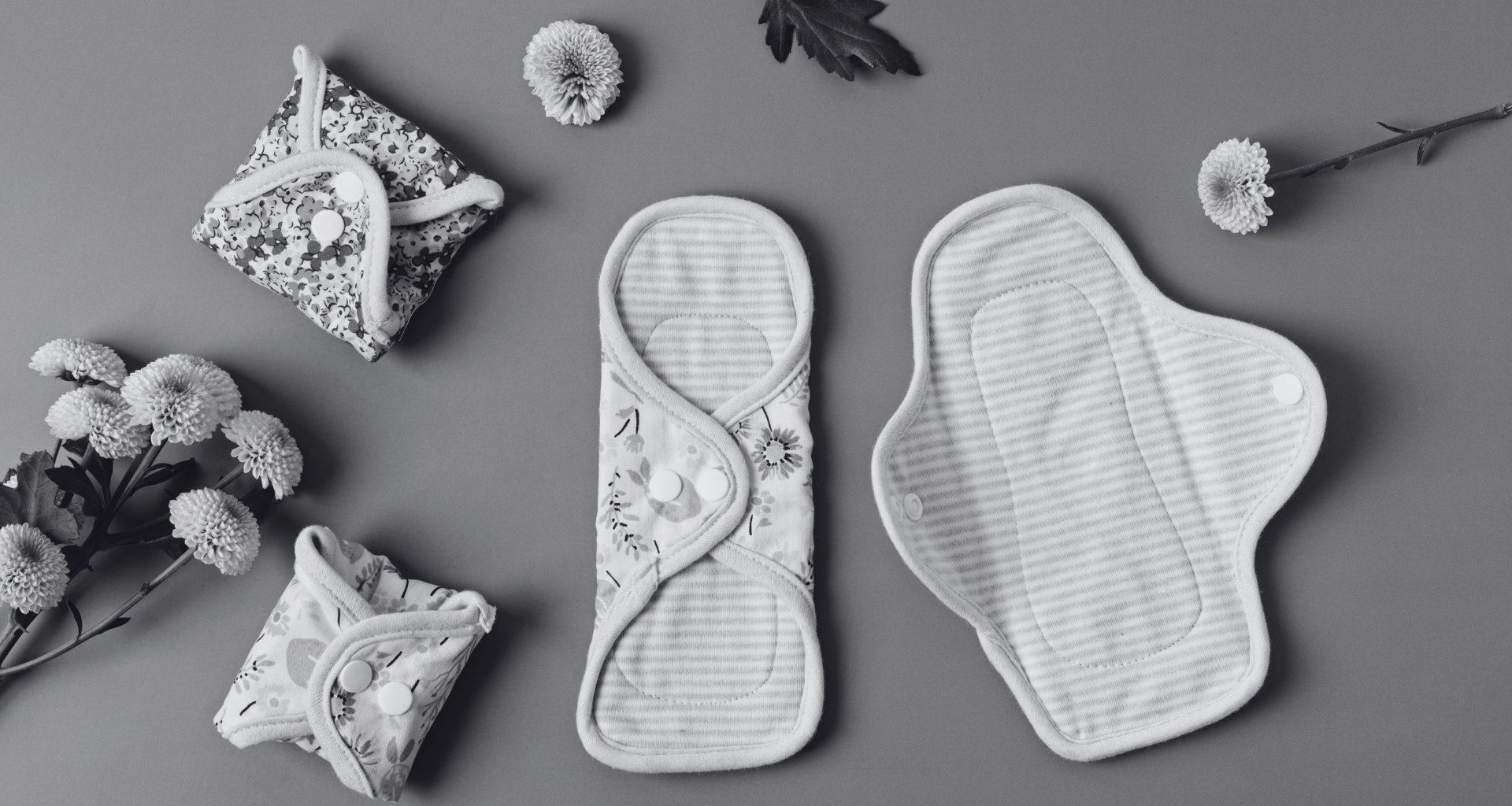By Syeda Fatima Shahid
Taboo refers to something that is offensive, socially unacceptable, and avertible. On the other hand, periods are the regular discharge of blood that occurs as part of a woman’s monthly cycle. The question arises: why do these two words, ‘periods’ and ‘taboo’, go hand in hand in our society? What is it about this naturally occurring bodily function that makes it a taboo? Why are we supposed to whisper when we talk about this?
The Importance of Talking About Menstruation
It has become extremely significant to break the silence, taboos, barriers, and stigmas related to periods. We need to normalize the fact that it is a natural process and every woman has to go through it. Society needs to understand that misconceptions can lead to feelings of embarrassment for women, ultimately lowering their confidence and self-esteem. The inadequacy of knowledge has negatively impacted women’s health and psychological well-being.
Moreover, the stigma surrounding periods can deter women from seeking help or information about their menstrual health. This lack of access to proper education and resources can lead to untreated health issues and exacerbate menstrual discomfort. By creating an environment where menstruation is openly discussed and normalized, we can ensure that women have access to the support and information they need to manage their menstrual health effectively.
Debunking Menstrual Myths
Almost every girl has to comply with certain guidelines during her periods. Why? Just because of the cultural myths that have been followed for ages. Let’s look at some of these myths:
- Women are considered impure during their periods and should not visit any sacred places. Periods are simply a part of growing up; there is nothing impure about them.
- Sanitary products must be kept private and hidden. These products are part of personal hygiene, just like toothpaste and shampoo, so there is nothing to hide about them.
- Certain foods must be avoided because they disrupt the menstrual flow. Food does not determine your blood flow; you can eat whatever you like.
- Women on their periods should not touch plants or the plants will die. Plants are living things that do not support discrimination; they just need care, so it does not matter from whom they receive it.
- Certain foods must be avoided because they disrupt the menstrual flow. Food does not determine your blood flow; you can eat whatever you like.
- During periods, women should sleep in a separate sheet or room. Menstruation is not a disease, nor is it contagious or harmful to anyone.
- Physical activities can disturb the menstrual flow. You can do any physical activities, and there are even exercises that help relieve pain.
- A woman should never talk about periods in public or else she would be ashamed. Talking about periods is no different from talking about any other topic. So, we should feel free to discuss these things openly and share how we feel.
All of these are examples of misconceptions that need to be addressed. This is where education comes in; not only should females be educated, but males also need awareness about menstruation. Our education systems are primarily focused on subjects like science and mathematics, but they need to focus on real-life experiences and issues such as what periods are, why they happen, and how we can support each other during this time. It is necessary so that instead of feeling ashamed of a blood stain and using all their energy to hide it, women can easily ask for help from anyone without hesitation.
Normalize Open Conversations
Breaking the silence about periods helps dismantle the myths and stigmas that have restricted women for so long. By starting honest conversations about menstruation, we can challenge outdated beliefs and foster a more supportive environment for everyone.
Open discussions about periods empower women and help men understand what women go through. This can help get rid of the taboos that have been around for generations, allowing women to experience their cycles without shame or secrecy.
To make this change, we need to promote education and awareness everywhere—from schools to workplaces to our homes. By talking openly about periods, we can create a future where menstruation is seen as a normal and healthy part of life, leading to greater equality and well-being for all.
Let’s work together to break the silence and make periods a topic we can talk about freely. By supporting one another, we can make society more inclusive and understanding.
